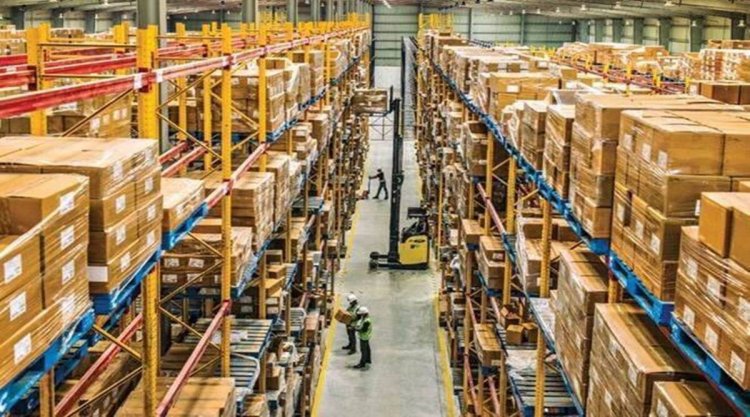Supply Chain Management: The Need to Pivot to a Sustainable Future
The transportation and logistics industry, which contributes 17% to global greenhouse gas emissions, has a pivotal role to play in keeping global warming under check.

By Kushal Nahata
The recently concluded United Nations Climate Conference (COP26) brought supply chain sustainability into the forefront once again. To keep global warming within 1.5 to 2 degrees Celsius, global emissions must be cut by 7.6% each year till 2030.
The transportation and logistics industry, which contributes 17% to global greenhouse gas emissions, has a pivotal role to play in keeping global warming under check. By focusing on sustainability, logistics can empower enterprises to reduce their carbon footprint and prove to be a game-changer in battling climate change.
In its 2021 State of Supply Chain Sustainability report, the MIT Center for Transportation and Logistics defines supply chain sustainability as the management of environmental and social impacts within and across networks consisting of suppliers, manufacturers, distributors, and customers in line with the UN Sustainable Development Goals.
Top businesses worldwide are taking various initiatives to meet their sustainability targets. For instance, Amazon, Ikea, and Unilever have recently signed an agreement to use only zero-carbon marine fuels by 2040. This is aimed at accelerating decarbonisation in the maritime sector. US retail giant Walmart’s Project Gigaton targets avoiding one billion metric tons of greenhouse gas emissions by 2030.
A Deloitte report on supply chain sustainability mentions traceability and insight, operational excellence, and industry collaboration as the three key enablers for a sustainable supply chain. The report further adds that businesses need technology that can help improve traceability and insights to ensure compliance with social responsibilities, emissions control, and climate footprint. Intelligent delivery management platforms are helping enterprises make their supply chains more sustainable.
With dynamic route optimization and loop optimization businesses can reduce the number of miles driven annually. This has a direct impact on lowering carbon emissions. Route optimization not only helps in meeting sustainability goals but also contributes to an increase in on-time deliveries and driver efficiency.
With Loop optimization, enterprises can cut their empty miles with auto-routing and reduce their yearly carbon dioxide emissions. Intelligent delivery management platforms also enable enterprises to gain real-time actionable visibility across miles & modes.
Delivery executives lose considerable time and distance looking for the correct addresses, especially in places where there is no standard address format. Through the use of machine learning and geo-coding enterprises, termed address standardisation, can save time and energy and can find the correct address even when there is no consistent address format. This further facilitates reducing miles per driver. Autonomous delivery helps reduce manpower and keep delivery ecosystems agile. In the age of drones, methods of alternate modes of delivery are rising to the fore.
(The author is CEO & co-founder, FarEye. Views are personal and not necessarily that of FinancialExpress.com)







